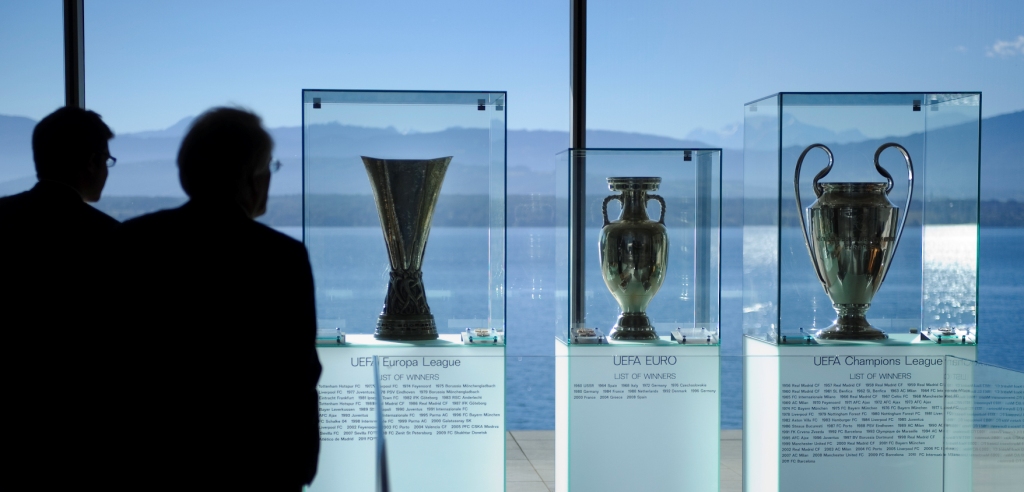By Andrew Warshaw
April 3 – Clubs in Eastern Europe are deliberately rigging domestic matches in order to “buy” where they finish in the league at the end of the season, according the boss of the international players union, FIFPro.
FIFPro general secretary Theo Van Seggelen (pictured) says the practice is widespread and constitutes one of the greatest threats to the stability of the game.
“In certain countries in Eastern Europe, clubs are buying their position in their competition,” Van Seggelen told insideworldfootball.
“They know in advance who will be one, two, three, four and five etc.
“They deal with each other.”
Asked how he knew about such collusion, which involves illegal bets being placed on where clubs will finish, he replied: “I heard it from the players.
“It happens in Serbia, it happens in Croatia.
“And other countries.
“They basically make their own agenda.
“It’s been going on for some time.”
“There is going to be a huge case in a couple of months and a lot of arrests but I can’t say more.”
Van Seggelen’s startling admission comes hot on the heels of a raft of match fixing episodes throughout Europe in recent months and has worrying repercussions for UEFA in terms of which teams qualify for the Champions League and Europa League.

At last week’s Soccerex conference in Manchester, Van Seggelen suggested during a podium debate that end-of-season relegation playoffs be established in certain European leagues to avoid the possibility of match fixing.
But his latest remarks take the issue one step further and explains, he says, why so many players transferred to western clubs fail to deliver.
“I have often wondered why, when you look at young players from certain Eastern European countries going to Western Europe for a lot of money, suddenly they are not as good as everyone thought they were.
“Maybe the answer is that they organise scoring 25 goals per season in their own league.
“We have to find a way of preventing clubs making decisions [of league places] beforehand.”
Van Seggelen said that extent of collusion proved how serious match fixing was becoming, not just in Europe but globally.
“You have to realise how big a problem this is,” he said.
“It’s been going for maybe the last 10 years.
“It’s much too easy to say Governments and the police have to sort it out.
“The football world has to take responsibility.
“We must not close our eyes.”

One solution for protecting vulnerable young players and prevent human trafficking, he said, was to centralise the academy system.
While many academies are run responsibly to bring through genuine talent, according to some experts the criminal gangs behind match fixing are infiltrating football by setting up their own youth systems.
“One way of tackling it is to bring all the academies under the registration of the governing bodies,” Van Seggelen said.
“These academies are doing it only for the money which is unacceptable.”
UEFA said it was unaware of Van Seggelen’s claims but that it was doing everything it could to crack down on match fixing.
“Through our betting fraud detection system UEFA monitors over 29,000 domestic and 1,800 UEFA matches a season, right across Europe,” said spokesman Rob Faulkner.
“Any betting irregularities or suspicious matches that are brought to our attention will be investigated through our network of integrity officers and by passing all information on to the relevant national authorities.”
Contact the writer of this story at zib.l1744396387labto1744396387ofdlr1744396387owedi1744396387sni@w1744396387ahsra1744396387w.wer1744396387dna1744396387
Related stories
February 2012: Clubs show a terrifying lack of respect for players, warns FIFPro
September 2011: Head of global players’ union condemns Eastern European “mentality” towards footballers
April 2011: FIFPro calls for greater protection for Eastern European players

